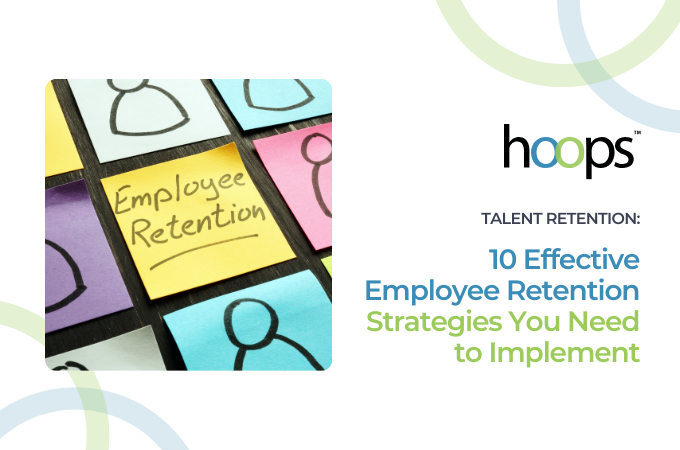Understanding Continuous Learning
Continuous learning, often referred to as lifelong learning, is the ongoing pursuit of knowledge and skills throughout an individual's life. In the context of the workplace, it involves employees consistently acquiring new skills and refining existing ones to stay relevant and competitive in their roles.
This process is not confined to formal training sessions; it can include a variety of activities such as reading, attending seminars, online courses, or even casual conversations with colleagues. The key is to foster an environment where learning is not just encouraged but is a part of the daily routine.
In today's fast-paced world, where technology and business landscapes are constantly evolving, continuous learning has become more important than ever. It's no longer enough to rely on skills and knowledge acquired in the past; employees must be proactive in keeping up with the latest trends and developments.
The Impact of Continuous Learning on Employee Retention
Employee retention is a pressing concern for many organizations. High turnover rates can lead to increased costs, decreased productivity, and a potential loss of knowledge and skills. However, a strong culture of continuous learning can be a powerful tool in retaining employees.
When employees are given opportunities to learn and grow, they feel valued and engaged. They see a future within the organization, which can significantly reduce the desire to look for opportunities elsewhere. Moreover, continuous learning can lead to higher job satisfaction, as employees feel more competent and confident in their roles.
In fact, according to a study by LinkedIn, 94% of employees would stay at a company longer if it invested in their learning and development. This clearly shows the direct correlation between continuous learning and employee retention.
Implementing a Continuous Learning Culture in Your Organization
Creating a culture of continuous learning requires more than just offering training programs. It involves creating an environment that values curiosity, encourages questions, and celebrates learning. Here are a few strategies to consider:
-
Encourage curiosity: Foster an environment where questions are welcomed, and curiosity is rewarded. This can be as simple as praising employees who ask insightful questions or providing resources for employees to explore their interests.
-
Provide learning opportunities: This can range from formal training programs to informal learning opportunities like book clubs or lunch-and-learn sessions. The key is to provide a variety of learning opportunities to cater to different learning styles. Additionally, consider leveraging technology to provide flexible and accessible learning options. For instance, online learning platforms allow employees to learn at their own pace and on their own schedule. This not only makes learning more convenient but also allows for a more personalized learning experience.
-
Recognize and reward learning: Recognize employees who take the initiative to learn and grow. This could be through public recognition, promotions, or even small rewards. By acknowledging and rewarding learning efforts, you can motivate other employees to engage in continuous learning as well. This creates a positive cycle where learning begets more learning.
Case Study: Successful Continuous Learning Strategies
Let's look at some real-life examples of companies that have successfully implemented continuous learning strategies.
-
Google: Known for its innovative culture, Google encourages employees to spend 20% of their time on personal projects, fostering a culture of learning and innovation. This approach not only promotes learning but also leads to the development of innovative products and services. It's a testament to the fact that continuous learning can lead to tangible business outcomes.
-
AT&T: AT&T has a comprehensive online learning platform that offers a wide range of courses for employees. This has helped them stay competitive in the rapidly evolving telecommunications industry. The company's commitment to continuous learning has led to a more skilled and adaptable workforce, proving that investing in employee learning is investing in the future of the company.
In conclusion, continuous learning plays a crucial role in employee retention. By fostering a culture of curiosity and providing opportunities for growth, organizations can keep their employees engaged, satisfied, and less likely to look for opportunities elsewhere.






